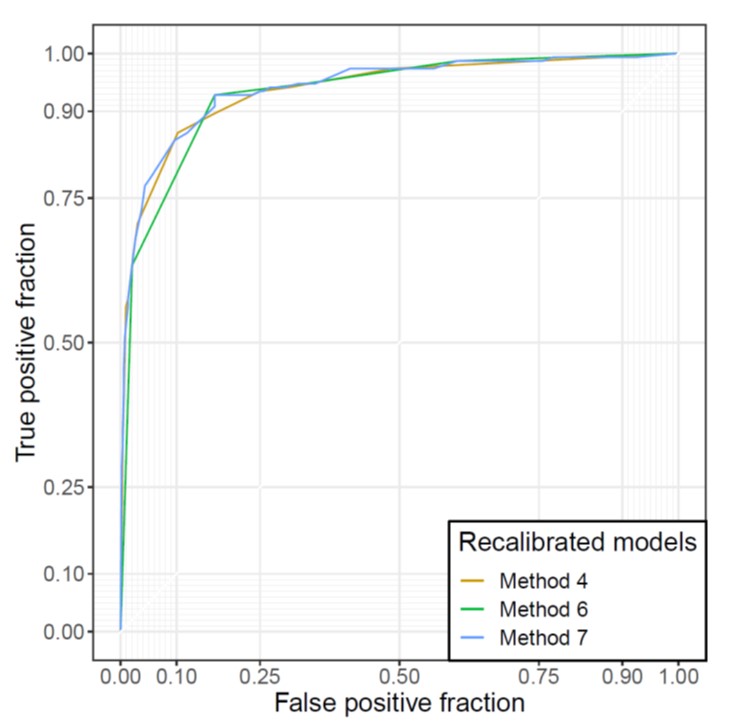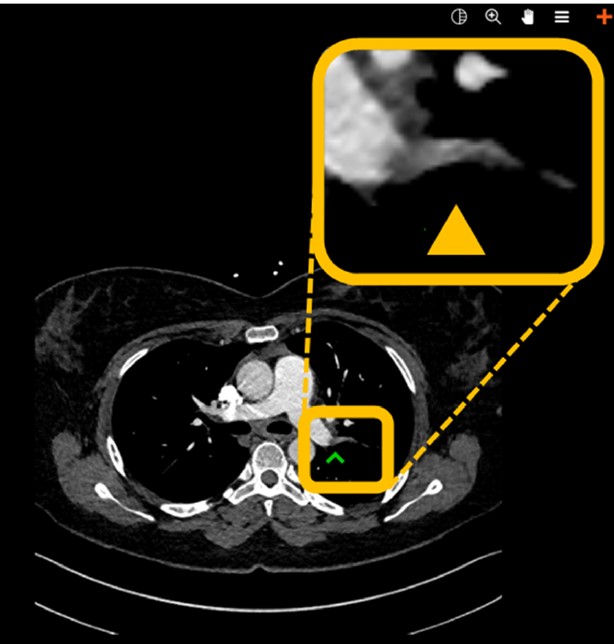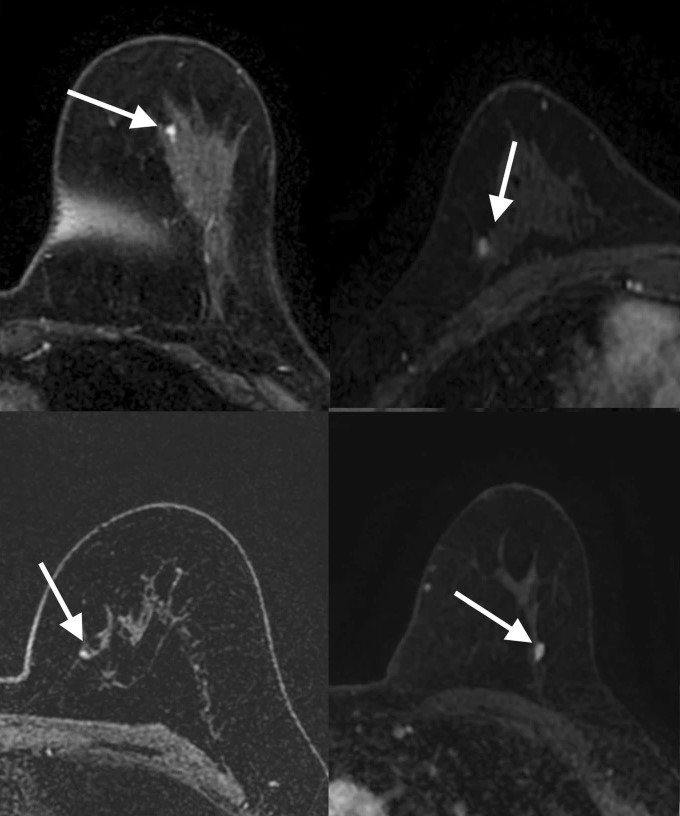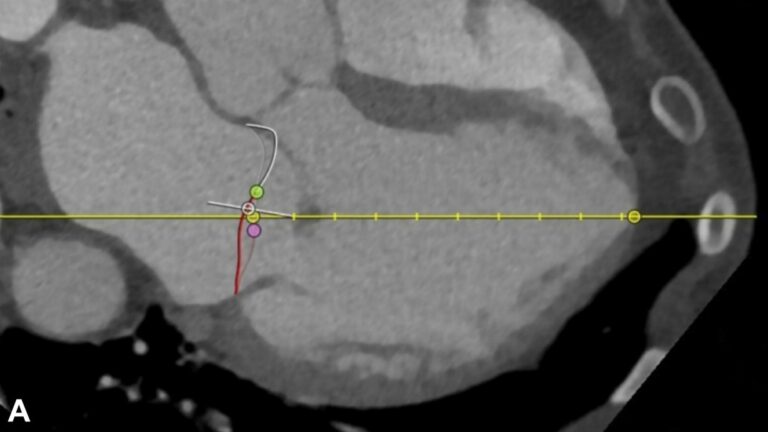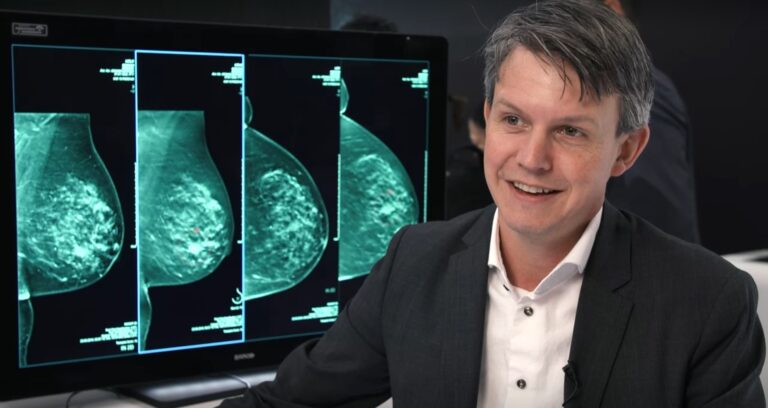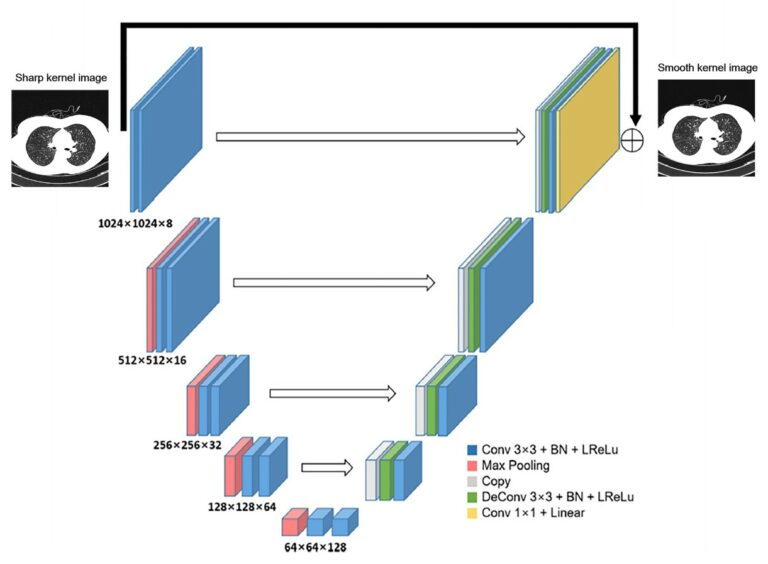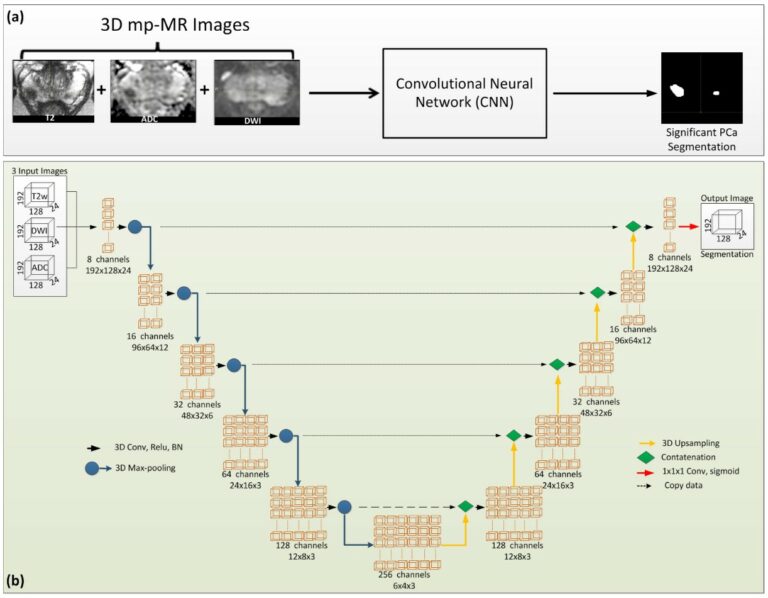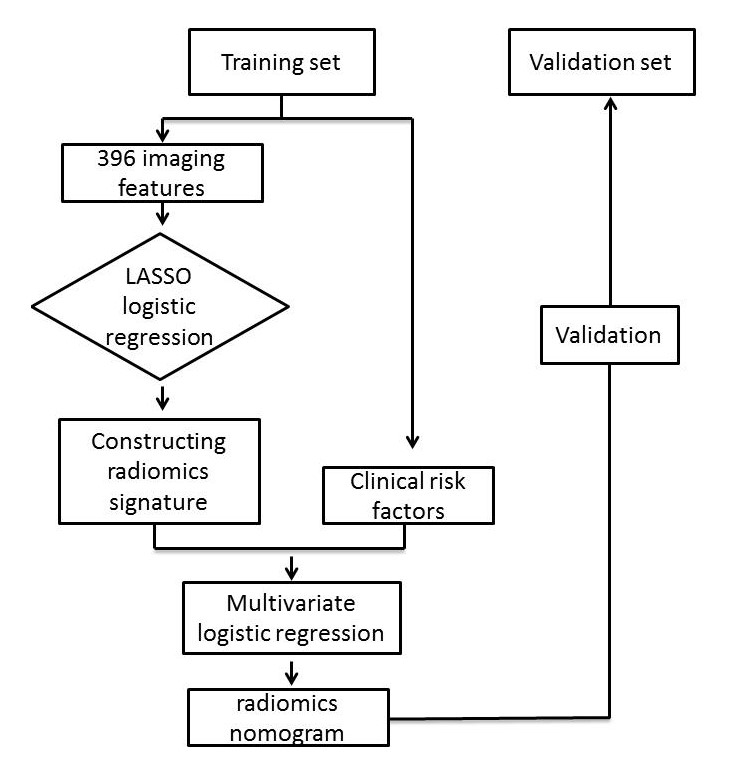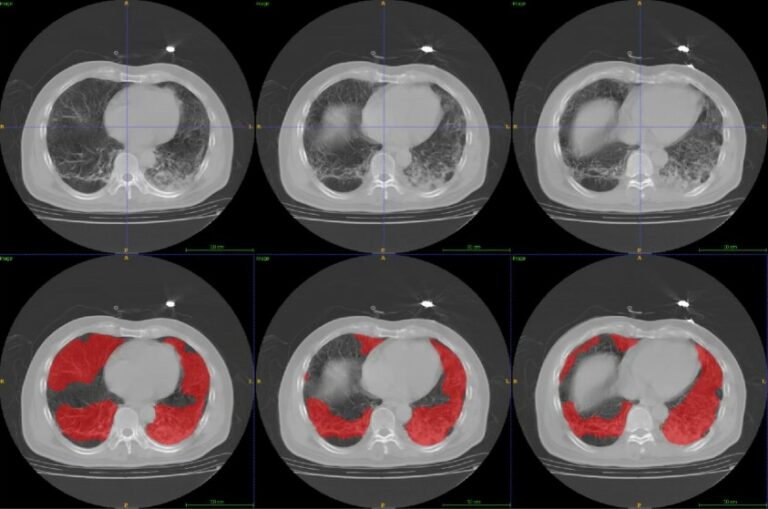
From community-acquired pneumonia to COVID-19: a deep learning–based method for quantitative analysis of COVID-19 on thick-section CT scans
In this retrospective study, the authors aimed to develop a fully automated artificial intelligence (AI) system to quantitatively assess the severity and progression of COVID-19 using thick-section chest CT images. Through their research and work, they were able to determine that a deep learning-based AI system built on thick-section CT imaging can accurately quantify COVID-19-associated abnormalities in the lung and











